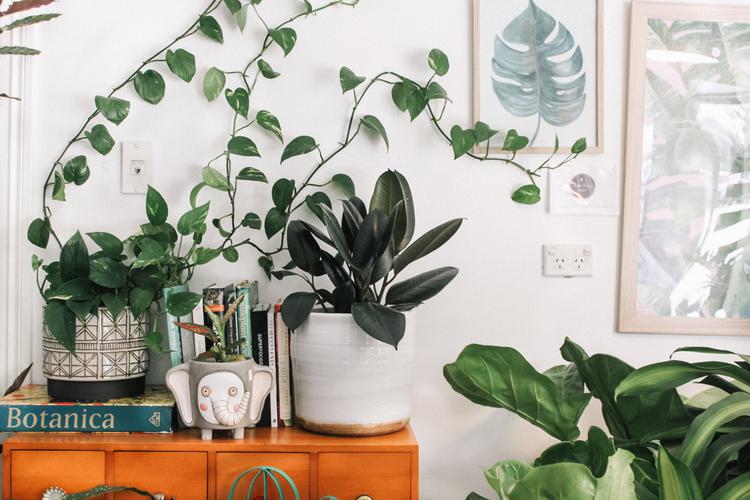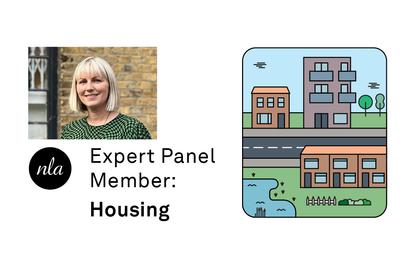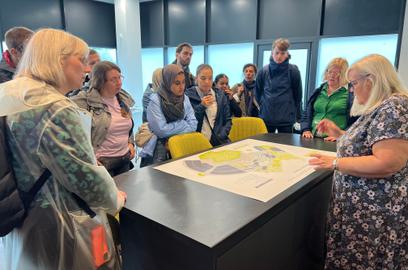We shouldn't have to rely on houseplants to access nature

Tibbalds

We shouldn't have to rely on houseplants to access nature. We all acknowledge that access to greenspace, however small, is vital for our wellbeing, says Adam Price. So why do we allow conversions under permitted development without regard for garden areas?
I recently read a book by Bill Bryson, portraying his return trip to the UK after several decades. Comparing the latter with the former he notes the “most dismaying loss” to our streets: front gardens.
“People,” he quips, “seem strangely intent on getting their cars as close to their living rooms as possible, and… have been ripping out their… front gardens and replacing them with service areas so that there is always a place for their cars and wheelie bins”. I thought this summed up the UK perfectly.
Bryson came at this from an aesthetic angle but there is a range of consequential issues that arise through the loss of a soft-landscaped garden.
This form of development is caught under The Town and Country Planning (General Permitted Development) (England) Order 2015, which sets out what a property owner can do without planning permission. In layman’s terms, you can lay a hard surface at the front of your house and as long as it’s of porous materials it can be as big as you like.
“Could a condition not be included to ensure that an area of a front garden must be retained for planting/soft landscaping – ‘microgreening’?”
The importance of green space to biodiversity, mental health and even a sense of security, is hardly news. However, these are fairly recent concepts that outdate the legislation formulated to allow someone to pave over their front garden. Could a condition not be included to ensure that an area of a front garden must be retained for planting/soft landscaping – ‘microgreening’?
And the order does nothing to ensure that commercial properties converted to residential provide occupiers with minimum space standards or any form of private open/growing space (whether a small forecourt, balcony or even a simple bracket for a plant pot).
At a time when more of us are working from home, access to nature and open space couldn’t be more important. I’m not suggesting that we’ll all become gardeners because the developer of a new flat has provided us with a window box, but let’s at least provide occupiers of homes with at least the opportunity to grow something -whether to improve wellbeing, grow food to reduce air miles or flowers to attract pollinators.
An update to the order, which ensures that not only do the national space standards apply to all commercial to residential conversions but that any conversion must benefit from X area of private amenity space or, at very least, ‘growing’ space, would be a step in the right direction.
Find the original article here: https://www.theplanner.co.uk/o...
Related Updates

Lizzie Le Mare speaking at the Housing Finance Conference 2025

Tibbalds

Lizzie Le Mare joins NLA Expert Panel

Tibbalds
Stay In Touch
Sign up to our Newsletter
Subscribe to our newsletter to receive updates about making people friendly places.

